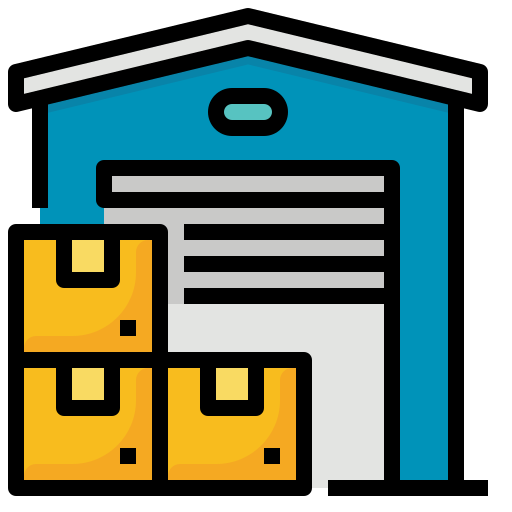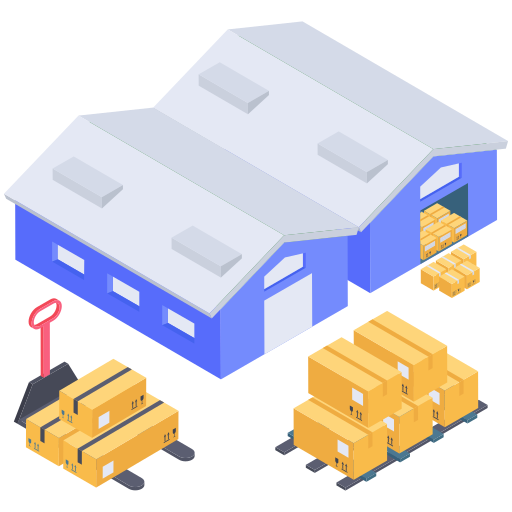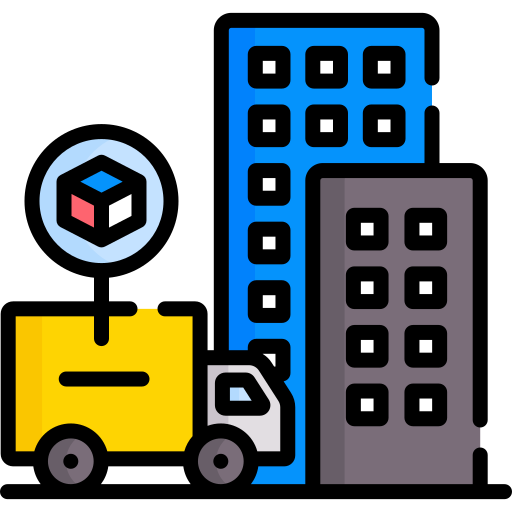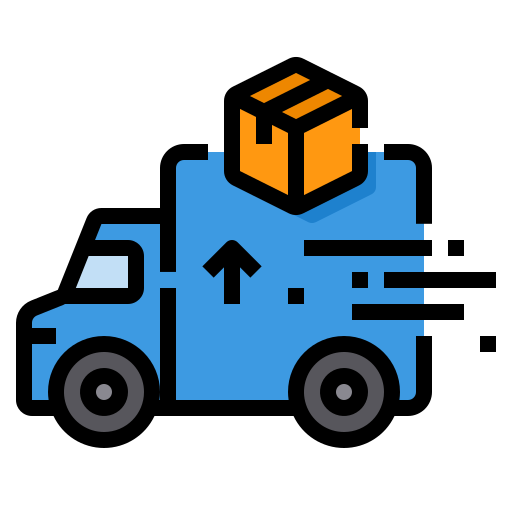Transportation and Logistics
The logistics industry is more than just moving items from one location to another. It
includes delivering items to customers on schedule and safely while competing with other
logistics companies for a slice of the profit pie when margins are thin. Intelligent
technology systems can assist you in optimizing your supply chain and giving you a
competitive advantage.
Logistics and transportation are very important to the growth of any company. Without a
supply chain, your business will be at a disadvantage when competing with other
companies that have been able to build up their logistics infrastructure.
The rise in e-commerce has made it even more imperative for businesses to develop
efficient and effective supply chains. The first step is ensuring you’re using the right
technology, which will help you manage your inventory better so that it can be optimized
for delivery times.











